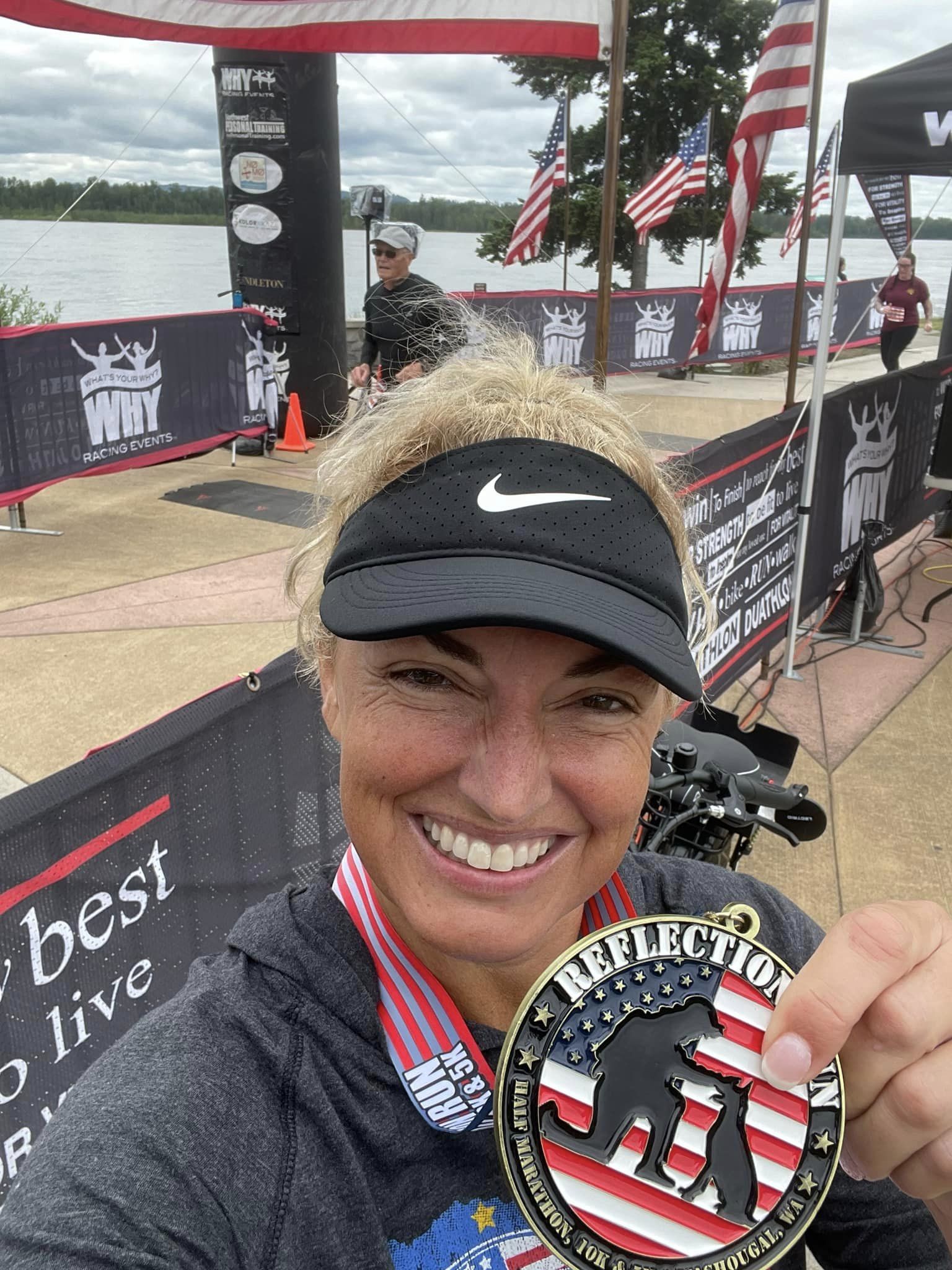Phases of Learning a New Fitness Skill

When learning a new exercise, activity, or fitness skill, it’s helpful to understand the stages of learning.
Unconsciously Incompetent
When you’re a beginner, often you don’t possess the kinesthetic awareness that enables you to execute a new skill well. You may lack muscle strength and endurance, balance, flexibility, and/or mobility that is preventing you from moving your body in the intended manner. You typically will feel awkward and clumsy. You often won’t even be aware that you aren’t performing the movement well. This is what it means to be unconsciously incompetent.
This is when an investment in a coach, instructor or personal trainer can help you with your biomechanics and your ability to progress and master the skill.
Consciously Incompetent
Once your skills progress, you will become better aware of your body in space. You’ll start to recognize that you currently lack the ability to perform a certain movement. This is when practice and consistency is critical, so you start to develop the physical capacity to perform the movements well. You’re not there yet, but you’re getting closer!
An expert instructor can continue to help you develop the physical skills to perform better.
 Consciously Competent
Consciously Competent
Over time, you will get stronger, more mobile and develop better balance and body awareness. Your physical fitness will have improved to the point that you can execute the activity, exercise, or fitness skill well. You know what to do, how to do it and are aware that you are performing well. During this stage, it’s helpful to associate with your movements and continue to practice good technique.
Regular check-ups with an expert can help you continue to progress and master your skillsets.
Unconsciously Competent
This is ideally where we would all love to be. This is portrayed beautifully by elite level athletes. When they take to the field, rink, courts, or the floor, they often don’t even have to think about how to move their body. Their body does what it’s supposed to do with minimal conscious thought. They go into cruise control. Through years of practice, drills and mastering their body mechanics, it appears as if they are moving without effort. It’s art in motion.
With that said, even at professional levels of competition, athletes still benefit and value the guidance from a coach or expert who can help them refine and fine-tune their skills.
Bottom Line – if you’re just getting started with an activity, don’t be too hard on yourself. We all must start somewhere. How long you stay in one stage of learning may be dependent on your genetics, natural athleticism, frequency of training and/or difficulty of the activity.
You won’t be a pro out of the starting gates, but with practice and consistency, you can get closer to becoming a high performer.
Yours in health & fitness,
Sherri McMillan
